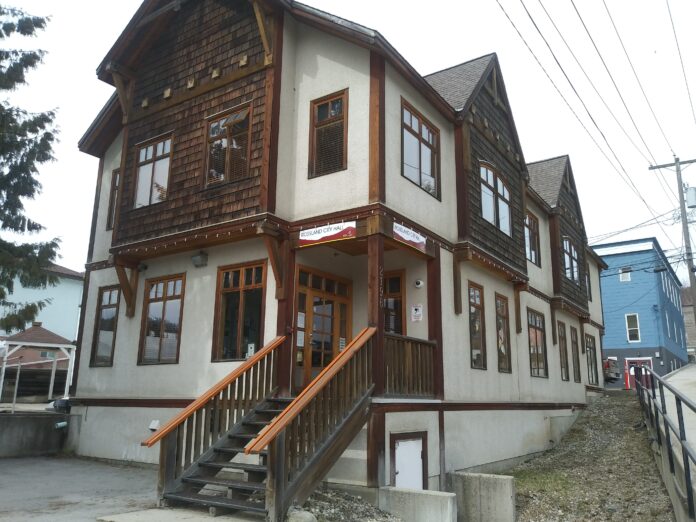Rossland city council has narrowly agreed to limit what input it will receive from the public during its meetings.
Council voted 4-3 this month to restrict the in-person feedback it gets to items on each meeting’s agenda. Until now, residents have been free to comment on any topic they like at the start of any meeting, although since 2018 they have been limited to two minutes each.
However, in recent months council has heard repeatedly from a couple of residents calling for the resignation of mayor Andy Morel and councillor Stewart Spooner over a lawsuit local businessman Warren Hamm won against the city. A judge ruled the previous council, which Morel and Spooner were a part of, acted in bad faith in refusing to issue permits to Hamm to log some private properties.
Morel said they asked other councils and the regional district about their policies around public input and learned several either don’t allow it during their business meetings or leave it to the end of their meetings and require that it be specific to items on the agenda.
“There’s been some concern about safety as well,” Morel said in an interview. “Some of our council felt a little uncomfortable with folks approaching us in the chambers and some of the content. We’re trying to limit it a little more.
“We recognize it’s still important to hear from the public and we want to encourage folks to continue to reach out to mayor, council, and staff by phone calls, emails, etc., but recognizing that our council meetings are business meetings and the information that comes to them should be specific to city business for that period.”
The change, however, won’t take effect immediately as it requires amendments to the city’s procedural bylaw, involving multiple readings, and, ironically, public input.
Morel said the majority of council is not so much concerned about the actual time set aside for public input as the content they have been receiving.
“We don’t have a problem with people voicing their concerns about issues within the community. We want to encourage people to continue to be able to do that, but recognize maybe open public meeting is not the place to air grievances or concerns.”
He said it would be better accomplished by phone or email “and with some civility as well.”
“There are lots of challenging issues out there and folks coming to us with things that seem to be, in our opinion, out in left field. They aren’t necessarily based in fact. We don’t feel it’s appropriate to be bringing that to a business council meeting.”






